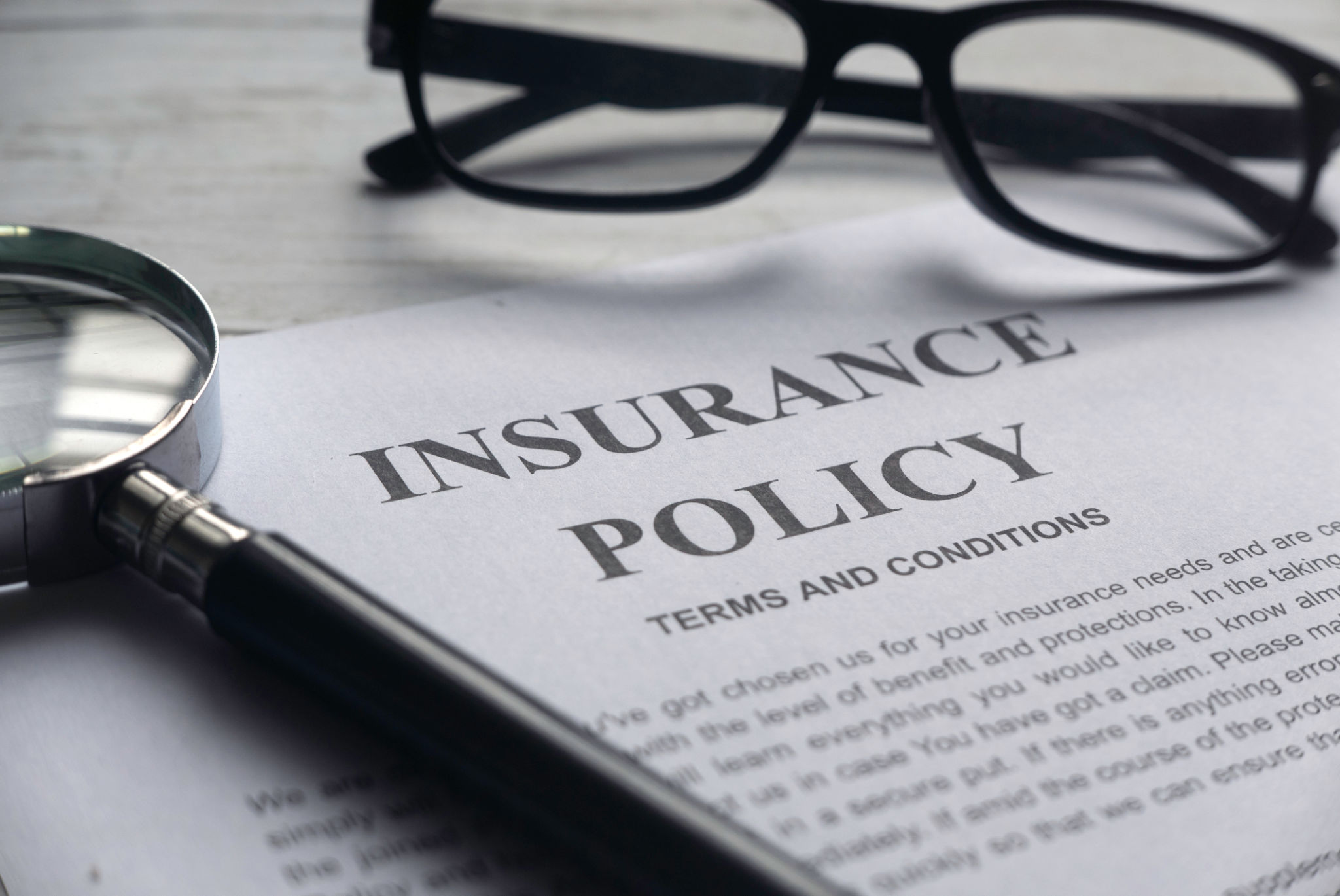Top Tips for First-Time Landlords in Greater London
Understanding Your Responsibilities
Becoming a landlord for the first time in Greater London can be both exciting and daunting. It's crucial to understand your responsibilities to ensure a smooth and successful experience. As a landlord, you must comply with local regulations, from having the correct certifications to maintaining a safe and habitable property.
Start by familiarizing yourself with the legal requirements, such as obtaining an Energy Performance Certificate (EPC) and ensuring the property meets safety standards for gas, fire, and electrical systems. Failure to comply can result in severe penalties, so it's essential to stay informed.

Setting the Right Rent
Determining the appropriate rent for your property is key to attracting tenants while ensuring profitability. Conduct thorough research on the local rental market to gauge what similar properties are charging. Websites like Rightmove and Zoopla can be invaluable resources for this.
Consider factors such as location, property size, and amenities when setting your rent. Competitive pricing will help you attract quality tenants quickly, minimizing vacancy periods and maximizing your investment return.
Tenant Selection and Screening
Selecting the right tenant is crucial to ensuring a positive rental experience. Develop a comprehensive screening process that includes credit checks, references, and employment verification. This diligence will help you find reliable tenants who are likely to pay rent on time and treat your property with respect.

Be transparent about your expectations from the start, outlining the terms of the tenancy agreement clearly. This transparency helps in building a trusting relationship with your tenants, reducing potential misunderstandings or conflicts down the line.
Managing Finances Effectively
Effective financial management is essential for any landlord. Keep detailed records of all income and expenses related to your rental property. This practice will not only help you stay organized but also simplify tax filing when the time comes.
Consider setting up a separate bank account for your rental income to keep your finances distinct from personal funds. Additionally, setting aside a portion of rental income for maintenance and unexpected repairs is wise to ensure you're prepared for any eventualities.

Maintaining the Property
Regular maintenance of your property is vital to keeping it in good condition and ensuring tenant satisfaction. Schedule routine inspections to identify any issues early on, allowing you to address them before they escalate into costly repairs.
Establish a reliable network of contractors and service providers to assist with maintenance tasks. Having trusted professionals on hand can save time and stress when repairs or improvements are needed.
Understanding Landlord Insurance
Protecting your investment with proper insurance is essential for any landlord. Landlord insurance typically covers buildings, contents, and potential liabilities. It’s different from standard home insurance, offering specific coverage tailored for rental properties.
Shop around and compare policies to find one that meets your needs. Some policies may also offer coverage for loss of rent or legal expenses, providing comprehensive protection against unforeseen circumstances.

